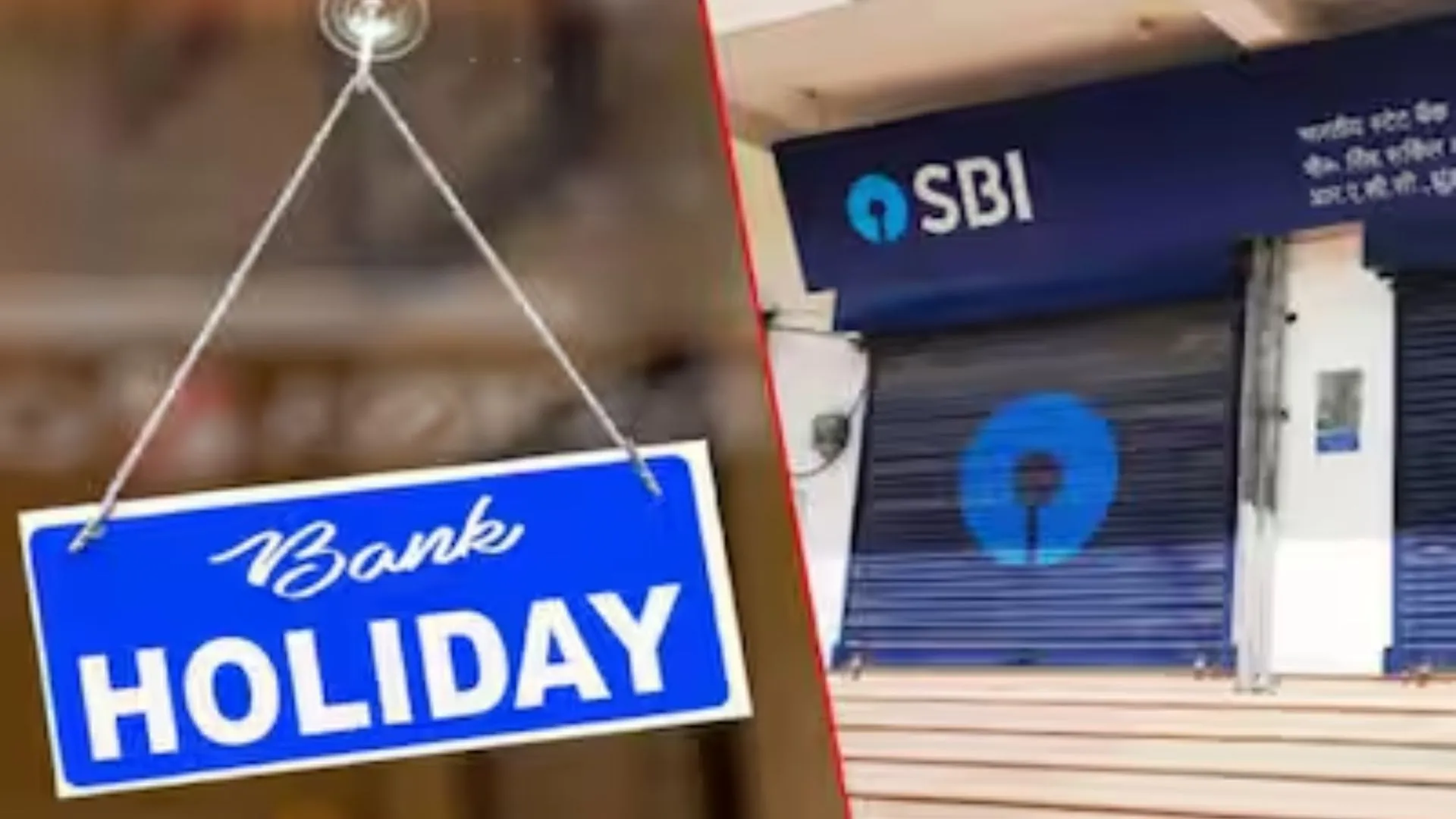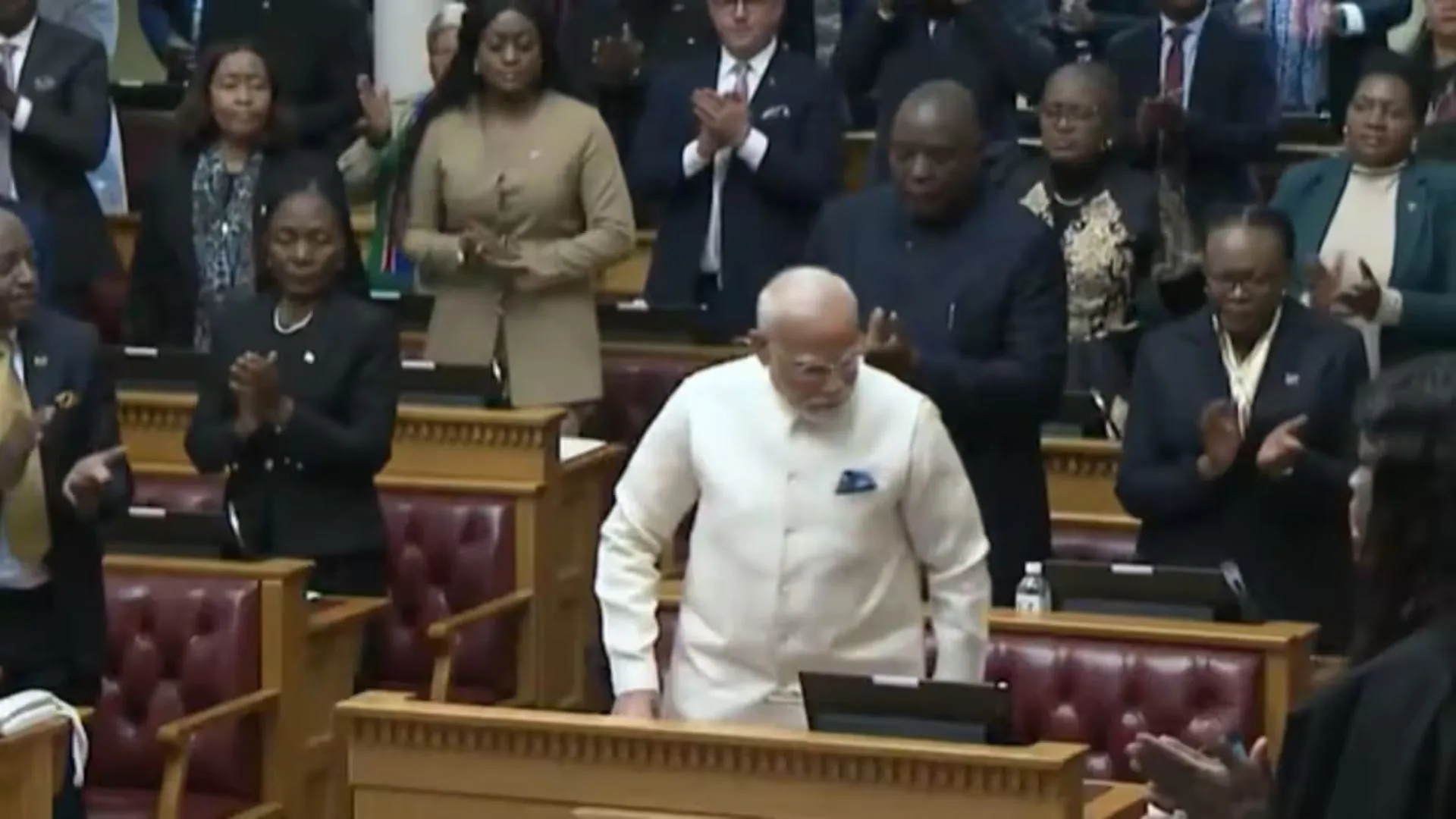In a powerful story of dreams, determination, and innovation rising from humble beginnings, government school students from across Punjab are set to showcase their entrepreneurial creations at the prestigious Indian Institute of Technology (IIT) Ropar on July 5. This isn’t a typical school exhibition. It’s a live demonstration of what happens when the right policy meets raw talent and passion.
Nearly 50 teams of government school students — many from families of daily wage labourers and marginal backgrounds — will pitch their startups before a gathering of industrialists, potential investors, and mentors. The event is part of the Punjab Government’s ambitious ‘Business Blaster Young Entrepreneur’ programme, which has become a launchpad for young innovators in the state’s public education system.
A Seed of Change
Launched in 2022 as a pilot project, the Business Blaster scheme was introduced to instil entrepreneurial thinking in school students, going beyond textbook education. Initially rolled out in just 32 government senior secondary schools across 9 districts, the programme reached 11,041 students in its first year. Encouraged by the overwhelming response, the Punjab School Education Department expanded the initiative statewide.
In the 2024–25 academic session, the programme has now touched 1,920 government schools and engaged over 1.38 lakh Class 12 students, of whom 52,050 have been shortlisted based on their project ideas, feasibility, and innovation. Each selected student received ₹2,000 as seed funding to kick-start their business idea.
A Minister’s Vision
“This programme is not just about business – it’s about confidence, about a mindset shift,” said Punjab Education Minister Harjot Singh Bains, speaking ahead of the IIT Ropar event. “We are seeing children of masons, farm labourers, and migrant workers dreaming of becoming job creators, not job seekers. That is the real revolution.”
Bains added that 7,500 teams had been selected through a rigorous evaluation process that involved concept pitches, product demonstrations, and community feedback.
To ensure these student ventures are adequately supported, the Education Department has allocated ₹10.40 crore this year, with ₹9.38 crore already disbursed to 46,910 students. The remaining amount is under process.
Stories of Innovation: From Railways to Reality
Among the many projects that will be showcased at IIT Ropar is Protect Plus — a women’s safety device developed by a team of eight boys from GSSS Boys School in Ferozepur, led by Manthan, a Class 12 student. The seed for this innovation was sown back in 2020, when Manthan, then just a schoolboy, was travelling in a train and saw a man harassing a female passenger. The incident left him disturbed and helpless. That moment etched in his memory turned into a mission.
With ₹16,000 in funding from the Business Blaster scheme, Manthan and his teammates — Gurkirat Singh, Amandeep Singh, Sukhman Singh, Arshdeep Singh, Kamaldeep Singh, and Gurmeet Singh — designed a multi-utility safety stick branded as Protect Plus, which includes a provision to deliver an electric shock to a predator. This device is intended to empower women in vulnerable situations and act as a deterrent against harassment. Their product is more than a symbolic gesture — it’s a real, functional safety tool designed with purpose, empathy, and usability in mind.
“We didn’t just want to make something to show. We wanted to create something that could protect someone’s life,” said Manthan.
Wheels of Change: An Electric Dream
Then there’s Arjun Chaudhary, a 12th pass-out from Lamini Government School in Pathankot, who scored 89% in Vocational Electrical. His parents work as daily wage labourers, and until recently, Arjun never imagined he could dream of starting a business. But with the seed money and motivation provided by the Business Blaster programme, Arjun and his team transformed a simple cycle into a fully functional e-cycle.
The e-cycle, which features a battery, motor, controller, LED lights, and a range of up to 70 km at a speed of 25 km/hr, is not just a prototype. With a 5-year battery life and a 10-year motor guarantee, it is a serious product. Already, the team has received 15 confirmed orders for more such cycles — turning a school project into a budding business.
“I always thought only rich people can start companies,” Arjun told The Daily Guardian. “But when the government trusted us with even ₹2,000, we realised someone believes in us. That belief made the real difference.”
Sweet Success: From Fox Nuts to Fragrances
Gagandeep Kaur and her team decided to take a different route. They created healthy alternatives to commercial chocolates, crafting fox nut chocolates and khoya chocolates that not only taste good but promote health and local ingredients.
“We want to give people something they can enjoy without guilt,” said Gagandeep, who feels their business also supports farmers indirectly by using locally-sourced materials.
Herbal Soaps with organic frangrances
Then there’s JhanviDhami, an 18-year-old student from School of Eminence, Amloh, who launched her startup named ‘Herbal Heaven’. With a team of two and ₹16,000 in funding, Jhanvi began producing handmade herbal soaps using rose, neem, aloe vera, and turmeric. Their soaps, which have already seen over 160 units sold, are not only fragrant but also therapeutic.
“Herbal Heaven is not just a business to us — it’s a cause,” Jhanvi said. “We want people to feel proud of using Indian ingredients that heal, not harm.”
According to officials from the Punjab Education Department, the Business Blaster initiative is not about producing the next unicorn startup overnight. Instead, it is about building entrepreneurial thinking, problem-solving skills, and self-confidence in young students.
“These students learn real-world lessons — from budgeting, product development, marketing to teamwork and public speaking,” said a senior officer involved in programme implementation. “This learning is priceless, especially for children who never imagined they could take such bold steps.”
Another key outcome is financial literacy. Students manage their seed money, track profits and losses, and learn reinvestment principles — often for the first time in their lives.
The event at IIT Ropar is expected to bring industry stakeholders, startup mentors, and angel investors into direct contact with these young innovators. “If even a few products catch the eye of industry leaders, we’ll see students being incubated, mentored, and taken forward — and that’s exactly what we aim for,” Bains added.
The Punjab government is also considering institutionalising the Business Blaster programme by creating incubation spaces in selected government schools, partnering with higher education institutions, and creating a state-backed fund for student entrepreneurship.
Meanwhile, the excitement among the students is palpable. From designing promotional posters to rehearsing their product pitches, the participants are treating the IIT event as a real business opportunity, not just an academic exercise.
“I used to think only people in Delhi or Bengaluru could do startups,” said Manthan. “But now I know — even a boy from Ferozepur, who once just watched helplessly, can build something that matters.”
IN A NUTSHELL
Empowering Students: Punjab’s Business Blaster Young Entrepreneurprogramme is transforming government school students into budding entrepreneurs by nurturing innovation and self-belief.
Massive Participation: From just 32 schools in 2022, the programme now spans 1,920 schools, engaging over 1.38 lakh Class 12 students across Punjab.
Seed Funding Support: Each selected student received ₹2,000 to develop their startup idea. This year, ₹9.38 crore has already been disbursed to over 46,000 students.
Pitch at IIT Ropar: Nearly 50 student-led startup teams will pitch live at IIT Ropar on July 5 to industrialists, investors, and mentors — a real opportunity beyond the classroom.
Protect Plus Innovation: A team from Ferozepur designed a women’s safety stick that can deliver an electric shock to deter attackers, inspired by a disturbing real-life incident.
Electric Cycle Venture: Arjun Chaudhary, son of daily wage labourers, built a working e-cycle with a 70 km range and has already received 15 orders.
Healthy Chocolates Startup:Gagandeep Kaur’s team created fox nut and khoya chocolates, offering healthy, local alternatives to mass-market treats.
Herbal Heaven Soaps:JhanviDhami developed handmade soaps using neem, rose, aloe vera, and turmeric. Over 160 units have been sold so far.
Real-World Learning: Students gain hands-on experience in budgeting, product design, marketing, teamwork, and public speaking — vital entrepreneurial skills.
Financial Literacy: Managing seed funds, tracking profits and reinvestments gives students, often first-generation learners, a practical grasp of money management.
Policy with Purpose: Education Minister Harjot Singh Bains highlights the programme’s aim — shifting mindsets from job-seeking to job-creating, especially for students from marginalised backgrounds.
Future Vision: The Punjab government plans to institutionalise the initiative through school-based incubation hubs, higher education partnerships, and a dedicated entrepreneurship fund.





















